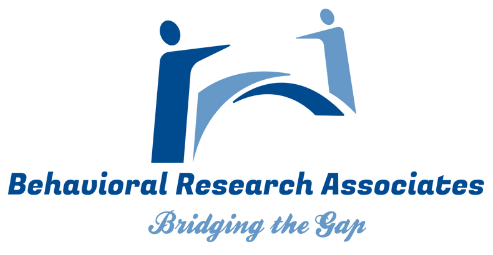BRA Blog

By Cleton Henry
•
July 17, 2023
BRA is proud to announce that we will be apart of the annual DDS Provider & Community Resource Fair. The Department of Disability Service (DDS) coordinates a yearly resource fair to offer district residents with disabilities and their families with opportunities to engage with organizations that provide a variety of supports. Presenters include various community organizations, providers contracted with Rehabilitation Service Administration (RSA), and providers enrolled with the DD Home & Community Based Services (HCBS) waiver. The event will offer information sessions on various topics and support for attendees.

By Cleton Henry
•
May 24, 2021
Consider that the “best practice” concepts or principles in providing care to persons with developmental disabilities, must always be based on the key human-social foundation of respect and dignity. But what is a developmental disability? A disability is not an illness, even though it may lead to increased needs of a person. Developmental disabilities may be characterized as functional impairments that may affect a person’s behavior development and could be physical or cognitive. As such, the person involved would most likely be unable to function in accordance with a normal development profile. This disability type can be observed across all racial and ethnic groupings and is not limited to gender or socio-economic statuses. A noticeable feature is that developmental disabilities tend to begin or show themselves in young childhood, affecting the individual’s ability to function normally in many areas, and generally continues throughout the individual’s life – http://www.cdc.gov/ncbddd/actearly/milestones/index.html . The challenge is further exacerbated because there are many different types of developmental disabilities, such as intellectual disability, downs syndrome, cerebral palsy, autistic spectrum disorders, ADHD, hearing & vision impairment, and learning disabilities to name a few. These various types are all special and distinct and required specialized treatment and care. Specialty and distinctions aside, how do we care for the population or group of persons? Sometimes the care is provided in the person’s home with or by family members, and other times, it is necessary to have the person in a setting such as a long-term care facility or group home that better provides for the range and levels of care, wellness and supports. In the group home setting, the direct support professional (DSP) is probably the caregiver who works most directly with the person served. Remember, the person would be in the long-term care facility or group home in order to have better access to a whole range of services and even though the DSP is specifically mentioned above, the nurses, doctors, dietitians, social workers, occupational and physical therapists, and many others would all be part of the “grouping of caregivers”. Working with the key principle in the delivery of care - Respect & Dignity Always address the person served, never the disability. The DSP should never say “he/she is a blind person”, but rather could say “he/she has a visual impairment”. Always permit or allow the person served to be independent, productive and integrated into the activities around. Yes, they may have limitations – and who doesn’t? – but they can still be independent in some ways. The DSP should never take over doing something just because they can do it faster or even better, and of course, you would never push the person to do something that you know they are unable to do or accomplish. The DSP should always seek to integrate or involve or include the person served in the activities with all other persons to the extent that it’s safe and appropriate to do so. Always encourage self-determination and participation. The goal here is to give them choices – “do you want to brush your teeth first or shower”, for example. All people have a need to part of something or to be involved with others around them. Speak to all persons respectfully and politely. Speak with them and not about them. Include them in all your conversations. Explain things to them in a way that they will understand. Continue observing and making changes to the way you present or communicate with them to ensure that they do understand you. Encourage them to think by asking questions, not just telling them what to do. Always respect differences, needs, and values. Consider other people’s feelings and concerns, even when they are different from our own. We are all different and will always have differences in opinions and values. Do not be judgmental. These are basic guidelines. Reflect on them and incorporate them into the way you provide care to persons with developmental disabilities.
Our Locations
BRA, Inc Central Office
900 K Street, NE Washington DC 20002
BRA, Inc Residences
1034 Burns St, SE Washington DC 20019
4288 ½ Southern Ave, SE Washington DC 20019
5051 Lee Street, NE Washington DC 20019
4629 Nannie Helen Burroughs Ave, NE Washington DC 20019
Ph: (202) 398-5000
Sign up for our Newsletter.
© 2025
All Rights Reserved | BRA, Inc | Est. 1984



